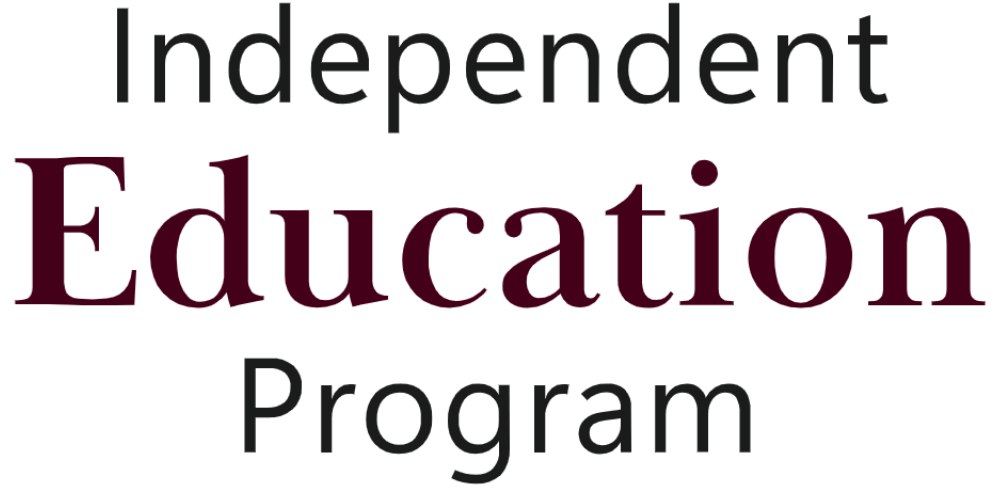To begin my class each week, I will present to students a scenario for us to discuss and debate. The scenario will center on some controversial legal, political, ethical, or philosophical question. After doing my best to press students to take and defend positions, challenge whatever position the students take, and introduce them to some of the complexities of the issues at hand, we’ll conclude and move on to other elements of the class.
Within the first few weeks of a beginning level class, someone always asks, “Well, Sam, what do you think?” Sometimes a student will even ask, “But what is the right answer?”
I decline to offer the answer for which they seek. I want to explain why.
Have you ever thought about words that seem to mean something really specific, but it turns out they don’t mean much at all? I recall the writer Jonah Goldberg making that point about the word “dogma”. The word dogma means the uncritical acceptance of and rigid adherence to a belief or set of beliefs. But that isn’t always what it means when people use the word. If you consider when you have heard it used, doesn’t it usually mean something like “a belief that I disagree with and so must have been uncritically accepted and rigidly adhered to.” In other words, it looks like dogma means something specific, but it turns out is generally used as a generic stand-in for “something with which I disagree.”
Which brings me to a word I hear frequently used in relation to education: propaganda. I’ve seen this word used in an educational context frequently over the years. Perhaps you have too. Perhaps you have also noticed that propaganda always seems to be the activity of people with whom the speaker disagrees politically or philosophically. Propaganda is always for thee and never for me, if you will. This leads me to suspect that when an educational practice is called propaganda that this word is really a generic stand-in for “this teacher or curriculum promotes ideas I dislike.”
Which is a shame, because propaganda as a framework does have the potential to present a very valuable meaning in an educational context. Therefore, I propose a specific and meaningful definition of the word propaganda for an educational context. I propose that this definition be grounded in the fact that teachers often have an easier time than the average person getting past the critical thinking barriers of students for three reasons
- Teaching is generally viewed as a distinct activity from persuading, that teachers are largely viewed as authoritative arbiters of facts relating to their subject, and that young students often have a difficult time telling the difference between issues that are highly debatable and issues that are largely settled. Therefore, I propose that propaganda be understood to mean a practice in which a teacher or a curriculum takes advantage of the aforementioned lowered critical thinking barriers in order to advance a political or ideological agenda as definitive academic truth as opposed to a contested argument.
For example, if we were to have a class titled “Constitutional Studies”, the reality is that how strictly the enumerated powers should be interpreted, whether originalism or living constitutionalism is the best interpretive approach, the degree to which racism informed the writing of the constitution, and a whole host of other issues are hotly contested issues in society. I believe that a teacher or curriculum treating these issues as settled academic facts in a classroom would be propaganda. I also believe this approach is not what is best for students.
Which brings me back to that critical moment. “Well, Sam, what do you think?” asks the student. “What is the right answer?” asks the student. I decline to offer the answer for which they seek. Instead I tell them that I don’t wish to shortcut their thinking on these important issues by giving them the impression that there is a settled answer to which all reasonable people have agreed. I tell them that I want them to have to deal with the discomfort and complexity that difficult issues present. I tell them that I think their parents would be a much more appropriate source to which they could turn for guidance on values and worldviews. I tell them that I am more interested in their ability to think well than the conclusions to which they ultimately come. I tell them that I have my opinions and that I believe in them deeply, but not so very deeply as to make propaganda out of them.
This is, of course, a difficult line to walk. And no teacher can or will do it perfectly. And there are probably reasonable exceptions to the rule (as with most “rules” in education). But I just can’t help but think that there is a huge difference between teachers or curriculums that are doing their best to present students with a nuanced view of difficult issues and opportunities to think about them deeply and teachers or curriculums that are using education as a cover to push specific political or philosophical viewpoints so that students come to the “right” conclusions.
I would, frankly, like to see more teachers and curriculums in the “trying” category because I believe it will better prepare students to understand and operate in a complex world.
